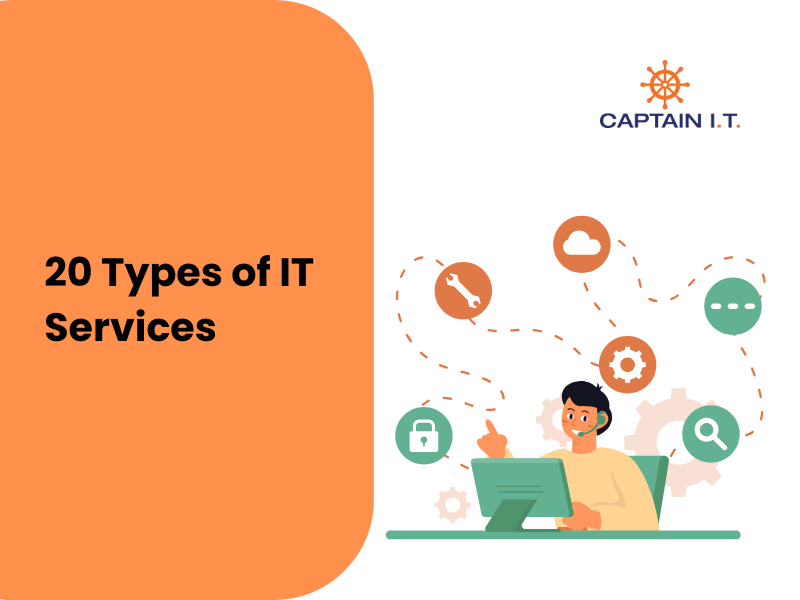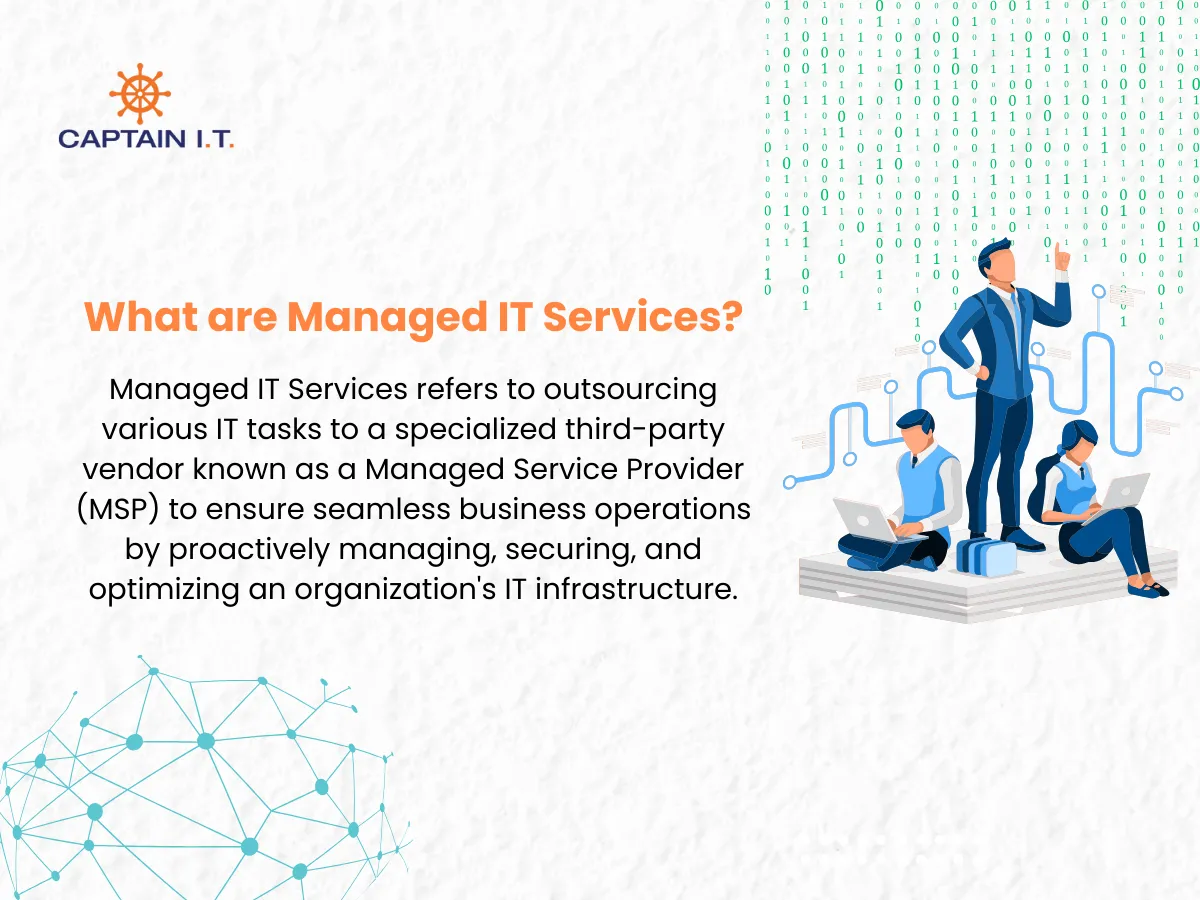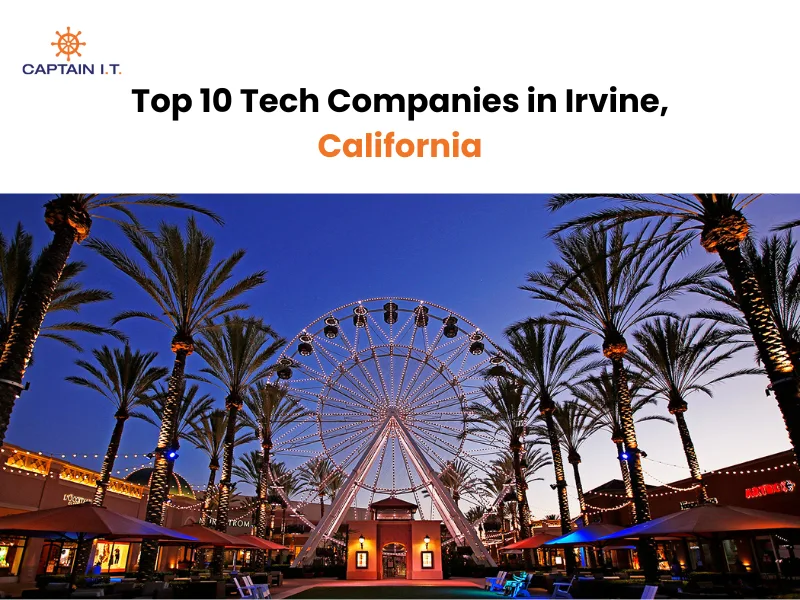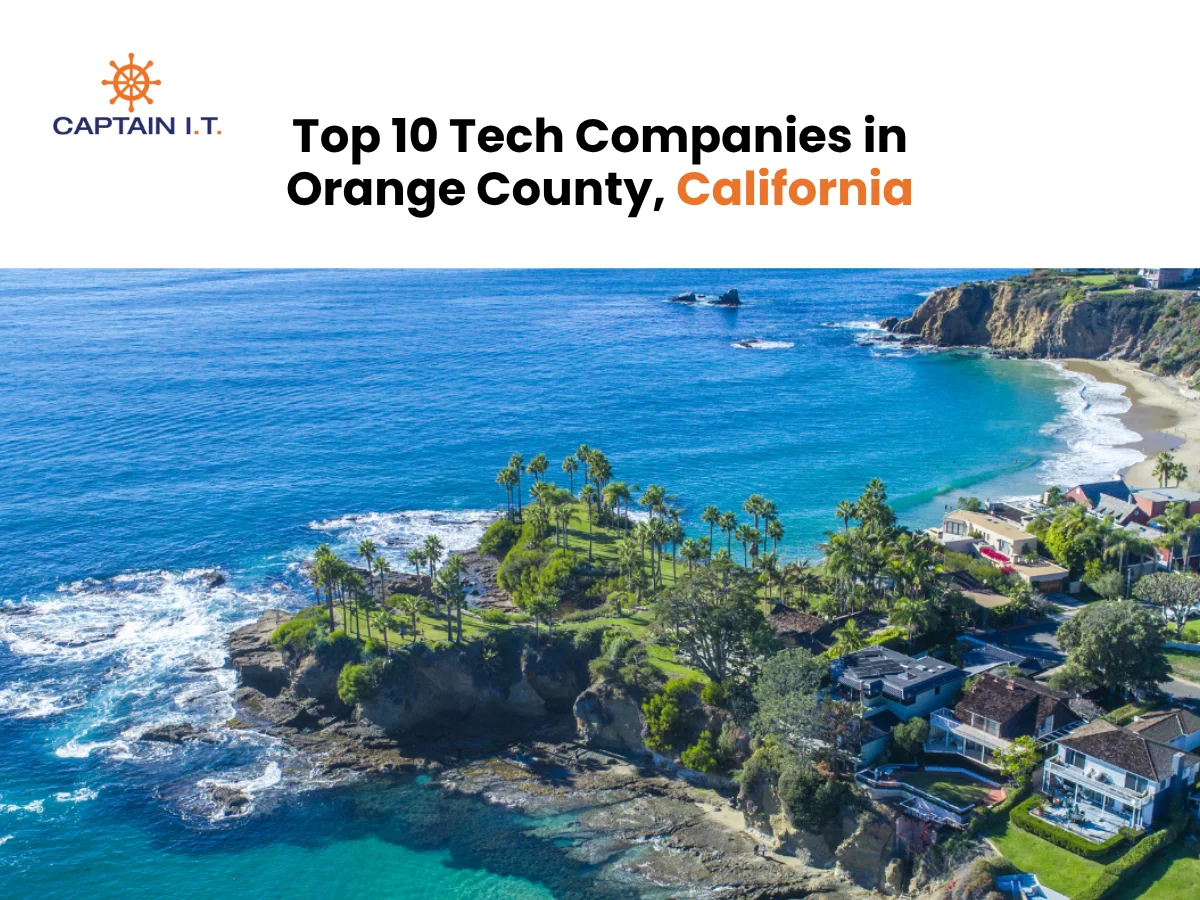Los Angeles stands as a dominant economic force in California, driven by six major industries that form the foundation of its growth, innovation, and global influence. The city’s economy is fueled by Entertainment, Aerospace and Defense, Construction, Manufacturing, Tourism and Hospitality, and Technology, each playing a critical role in job creation, infrastructure development, and digital transformation. These top industries in Los Angeles, California, not only support the local workforce but also strengthen the city’s position as a leader in global media, advanced engineering, smart infrastructure, and immersive digital experiences. From iconic studios and aerospace giants to tech innovators and world-class hospitality providers, Los Angeles continues to attract investment, talent, and opportunity across every sector.
The top 6 industries in Los Angeles, California are:
- Entertainment
- Aerospace and Defense
- Construction
- Manufacturing
- Tourism & Hospitality
- Technology
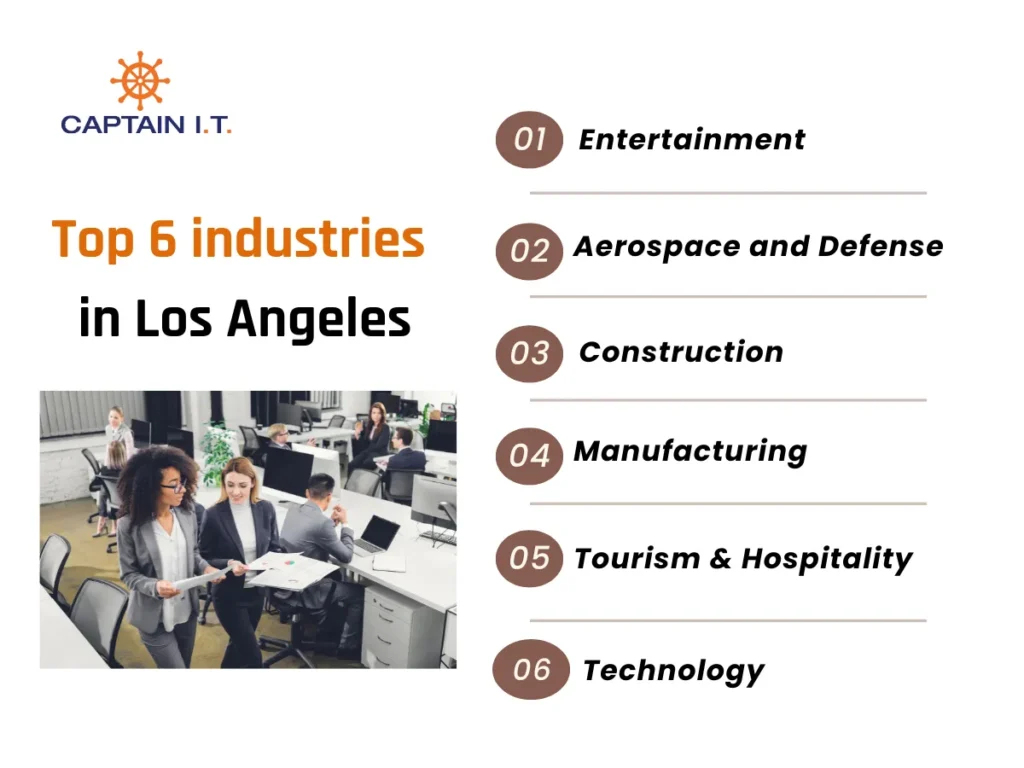
Entertainment
The entertainment industry is the cornerstone of Los Angeles’s global identity, hosting some of the world’s biggest media and production companies. Paramount Pictures, Sony Pictures, Warner Bros., Walt Disney Studios, Universal Pictures, STX Entertainment, and 20th Century Studios are at the forefront of content creation, streaming innovation, and cinematic production. This sector fuels job creation, tech adoption, and global distribution networks, making it one of the most impactful industries in the city.
Paramount Pictures is a historic film studio headquartered in Los Angeles, known for blockbuster productions and streaming innovation. In 2024, Paramount reported $29.213 billion in revenue, down 1.48% from 2023. The studio employs 18,600 professionals, a 15.07% decline, as it undergoes a strategic restructuring in preparation for a merger with Skydance Media. This move involves $2 billion in cost cuts, but future growth is expected in streaming (especially Paramount+) and digital content. Analysts forecast a 1.5% annual revenue growth, with earnings increasing by nearly 80% over the next decade. Investments in AI production tools and automation are expected to support the broader industry’s 9% CAGR growth through 2025.
Sony Pictures Entertainment (SPE) is a major content creator based in Culver City. In Q4 FY2025, the company reported $2.7 billion in revenue and employed 9,100 people, according to SEC data. Sony Pictures is expanding its global distribution footprint and focusing on anime and streaming content, especially via its subsidiary Crunchyroll. Technological investments in artificial intelligence and machine learning are transforming their content production and audience delivery platforms. This strategic direction positions SPE for stable long-term growth across digital and international markets.
The entertainment industry in Los Angeles benefits significantly from Managed IT Services that support digital content creation and delivery. MSPs enable studios like Paramount Pictures and Sony Pictures to streamline operations through cloud-based editing platforms, robust cybersecurity for intellectual property, scalable infrastructure for post-production and animation, and AI-driven analytics to enhance content strategies. By outsourcing IT management, these companies reduce infrastructure costs, improve operational efficiency, and stay focused on innovation in a fast-paced, digital-first media environment.
Aerospace and Defense
The Aerospace and Defense industry in Los Angeles is a high-impact sector fueled by innovation, national security initiatives, and space exploration. Major players such as The Aerospace Corporation, Boeing, Northrop Grumman, Raytheon, SpaceX, L3Harris, and BAE Systems Inc. drive technological advancement and skilled employment. This industry supports everything from commercial space launches to defense research, positioning Los Angeles as a strategic leader in global aerospace development.
SpaceX, based in Hawthorne, California, is a transformative force in commercial space transportation and aerospace manufacturing. In 2024, SpaceX reported $13.1 billion in revenue, a notable rise from $8.7 billion in 2023. The company employs approximately 13,000 people, fueling job creation in areas like satellite engineering, software development, and launch operations. Over the next 10–15 years, SpaceX plans to expand through Starlink, interplanetary travel missions, and Starship deployment. With a focus on vertical integration, AI integration, and mass-producing reusable rockets, SpaceX is aligning with the broader trend of privatized space innovation and is expected to continue scaling globally.
The Aerospace Corporation, a nonprofit based in El Segundo, specializes in national security research and technical guidance. It generated approximately $1.4 billion in 2024 and employs over 4,500 professionals, with 78% in technical roles, including aerospace engineers and Ph.D. experts. As defense priorities and satellite systems grow in complexity, The Aerospace Corporation is projected to see steady long-term revenue growth through government contracts and R&D projects. Employment is expected to remain stable, with expansion likely in areas such as space systems design, cybersecurity, and advanced mission analysis.
The Aerospace and Defense industry in Los Angeles benefits from Managed Service Providers (MSPs) that ensure secure, uninterrupted, and efficient operations. MSPs provide advanced cybersecurity to protect sensitive data, cloud-based environments for simulation and collaboration, AI-driven analytics for predictive maintenance, and real-time IT support for launch and production facilities. By outsourcing IT management, organizations like SpaceX and The Aerospace Corporation can focus on innovation and mission success while maintaining operational resilience in a security-critical sector.
Construction
The construction industry in Los Angeles is a core driver of urban growth, economic activity, and infrastructure development. Industry leaders such as Clark Construction, Alpha Structural, Inc, Hensel Phelps, Swinerton Builders, Turner Construction Co., and AECOM are transforming the city’s skyline and laying the foundation for sustainable and smart infrastructure. These companies deliver large-scale public and private sector projects that fuel employment, technology integration, and long-term economic resilience.
AECOM, a global infrastructure consulting powerhouse headquartered in Los Angeles, generated $16.1 billion in revenue in 2024, marking a 12% increase from 2023. The company employs approximately 74,000 professionals worldwide, offering services across engineering, architecture, and project management. Future growth for AECOM is expected to stem from increasing investments in climate-resilient infrastructure, urbanization, and smart city initiatives. Over the next 10–15 years, AECOM plans to expand its workforce, especially in environmental design, digital construction modeling, and sustainability consulting. The company’s focus on BIM (Building Information Modeling), AI-based design tools, and ESG-compliant projects aligns with global trends in resilient and tech-forward construction.
Clark Construction is a key contributor to Los Angeles’s built environment and regional development. With $6 billion+ in annual revenue and a workforce of over 4,400 employees, Clark specializes in commercial, transportation, and healthcare infrastructure. The company is expected to see steady growth through large-scale public works and green building demand. Over the next decade, job creation is projected in project supervision, skilled trades, and preconstruction technology. Clark is also prioritizing modular construction methods and workforce development programs to meet the shifting labor market and sustainability needs.
Managed Service Providers (MSPs) play a key role in transforming construction operations in Los Angeles by enabling smarter project execution and improved coordination. Through real-time collaboration tools, cloud-based BIM systems, cybersecurity frameworks, and automated site analytics, MSPs help companies like AECOM and Clark Construction reduce delays, protect critical data, and scale efficiently for complex infrastructure demands.
Manufacturing
The manufacturing industry in Los Angeles supports a wide spectrum of sectors, from aerospace and electronics to apparel and urban industrial goods. Prominent companies such as Boeing, Freeform, Siemens, Northrop Grumman, and American Apparel lead this space, fueling economic development and employing thousands across engineering, fabrication, and logistics roles. These organizations contribute to the city’s position as a West Coast manufacturing hub with a growing focus on sustainability, automation, and ethical production.
American Apparel, headquartered in Los Angeles, is recognized for its ethical, vertically integrated operations and focus on American-made, sweatshop-free apparel. In 2024, the company posted $3.27 billion in revenue, a 2% rise from 2023, and employs around 1,600 professionals. Future growth is expected through sustainable fashion, urban manufacturing, and expanding direct-to-consumer (DTC) models. Employment will likely increase in areas like skilled manufacturing, design, and digital marketing, with rising automation shifting roles toward technology-based apparel production and AI-enabled inventory systems.
Boeing, a key player in Los Angeles’s aerospace sector, reported $66.517 billion in revenue in 2024, despite a 14.5% drop from the previous year. With 172,000 employees worldwide, the company is actively investing in next-generation aviation, defense technologies, and space exploration. Over the next 10–15 years, employment is projected to rebound through roles in AI-driven aerospace systems, sustainable design, and systems integration. Boeing’s strategic focus includes predictive maintenance, cybersecurity resilience, and digital twin modeling, shaping the next era of intelligent manufacturing.
Managed Service Providers (MSPs) drive efficiency and innovation in Los Angeles’s manufacturing sector by supporting automation, securing proprietary data, enabling IoT-driven monitoring, and providing scalable cloud solutions. By outsourcing IT, manufacturers like Boeing and American Apparel reduce downtime, enhance productivity, and stay competitive in a rapidly evolving industrial landscape.
Tourism & Hospitality
Los Angeles stands as one of the most visited cities in the United States, and its tourism and hospitality sector plays a vital role in sustaining that status. Companies such as Hilton, Marriott International, Universal Studios Hollywood, Live Nation Entertainment, and MGM Resorts International are central to shaping the city’s appeal as a premier destination for leisure, business travel, and global entertainment. These organizations drive economic activity through large-scale events, hotel operations, and immersive attractions that support thousands of jobs and enhance the city’s global connectivity.
Marriott International operates several flagship hotels across Los Angeles, including the iconic JW Marriott at L.A. Live. In 2024, the company generated approximately $25.1 billion in revenue, up from $23.71 billion the previous year, according to Statista. With a workforce of 418,000 globally, 1.7% growth from 2023, Marriott is well-positioned to expand its hospitality footprint. Over the next 10–15 years, Marriott is projected to see sustained revenue growth fueled by the rebound of global travel, increased demand for luxury lodging, and investment in smart hotel infrastructure. Job growth is anticipated in roles related to digital guest services, event management, IT support, and personalized marketing, supported by mobile technologies and AI-driven customer engagement tools.
Universal Studios Hollywood, a major tourist attraction in Universal City, reported $8.617 billion in revenue in 2024, a 3.69% decline from the previous year. The park employs 1,001 to 5,000 people, according to official LinkedIn figures, and plays a crucial role in Southern California’s tourism economy. Future revenue growth will be driven by new immersive attractions, AR/VR experiences, and smart entertainment systems. Staffing demands will rise in digital infrastructure management, attraction design, and guest experience roles. Long-term trends include the adoption of AI-based crowd control, virtual queueing systems, and enhanced sustainability initiatives, aligning the park with modern visitor expectations and environmentally conscious operations.
Managed Service Providers (MSPs) play a critical role in Los Angeles’s tourism and hospitality sector by enabling cloud-based booking systems, securing customer data, and supporting AI-driven guest personalization. With real-time IT monitoring, MSPs help companies like Marriott and Universal Studios Hollywood maintain seamless operations and deliver enhanced experiences in a fast-paced, customer-focused industry.
Technology
Los Angeles is rapidly emerging as a leading center for technology and digital innovation on the West Coast. The city is home to major players such as Snap Inc., Google, Hulu, Spectrum Store, PwC, and TikTok Inc., which are driving advancements in areas like augmented reality, streaming media, telecommunications, and enterprise solutions. These companies contribute significantly to job creation, digital infrastructure, and the city’s reputation as a global tech hub.
Snap Inc., headquartered in Santa Monica, is a leader in augmented reality (AR) and multimedia messaging through its flagship product, Snapchat. In 2024, Snap recorded $5.361 billion in revenue, up 16% year-over-year, and employs approximately 4,911 people, according to Statista. Over the next 10–15 years, Snap is expected to scale further through innovations in AR wearables, interactive advertising, and creator monetization tools. Future hiring will focus on roles in AR development, AI research, content moderation, and ethical AI practices, as the company continues expanding into global markets and deepening platform personalization.
Spectrum Store, a major telecommunications provider in Los Angeles, reported $2.96 billion in revenue in 2024, a 1.5% increase from the previous year, according to Yahoo Finance. The company employs 95,000 professionals as of December 2024. Spectrum’s future growth is tied to rising demand for broadband internet, 5G services, and fiber network expansion. Employment is expected to grow in technical support, field services, retail experience management, and cloud infrastructure roles, driven by smart home integrations, WiFi 7 adoption, and AI-powered customer service tools.
Managed Service Providers (MSPs) support Los Angeles’s technology sector by delivering cloud-native platforms, robust cybersecurity, AI-driven performance tools, and end-to-end IT management. Companies like Snap Inc. and Spectrum rely on MSPs to ensure secure, scalable operations while focusing on innovation and growth in a competitive digital landscape.
Managed IT Services Supporting the Growth of Los Angeles’s Leading Industries
Managed IT Services are the backbone of any industry, providing the tools and expertise to achieve operational excellence, robust cybersecurity, and future-ready IT infrastructure. These services ensure smooth operations, protect sensitive data, and provide the scalability to thrive in a competitive market. When it comes to choosing the best, Captain IT stands as the premier and most trusted managed service provider in Los Angeles, delivering tailored IT solutions that align with your business goals. With a reputation built on reliability, innovation, and client-focused service, Captain IT is your strategic partner for driving productivity, securing digital assets, and sustaining long-term success across every industry.















